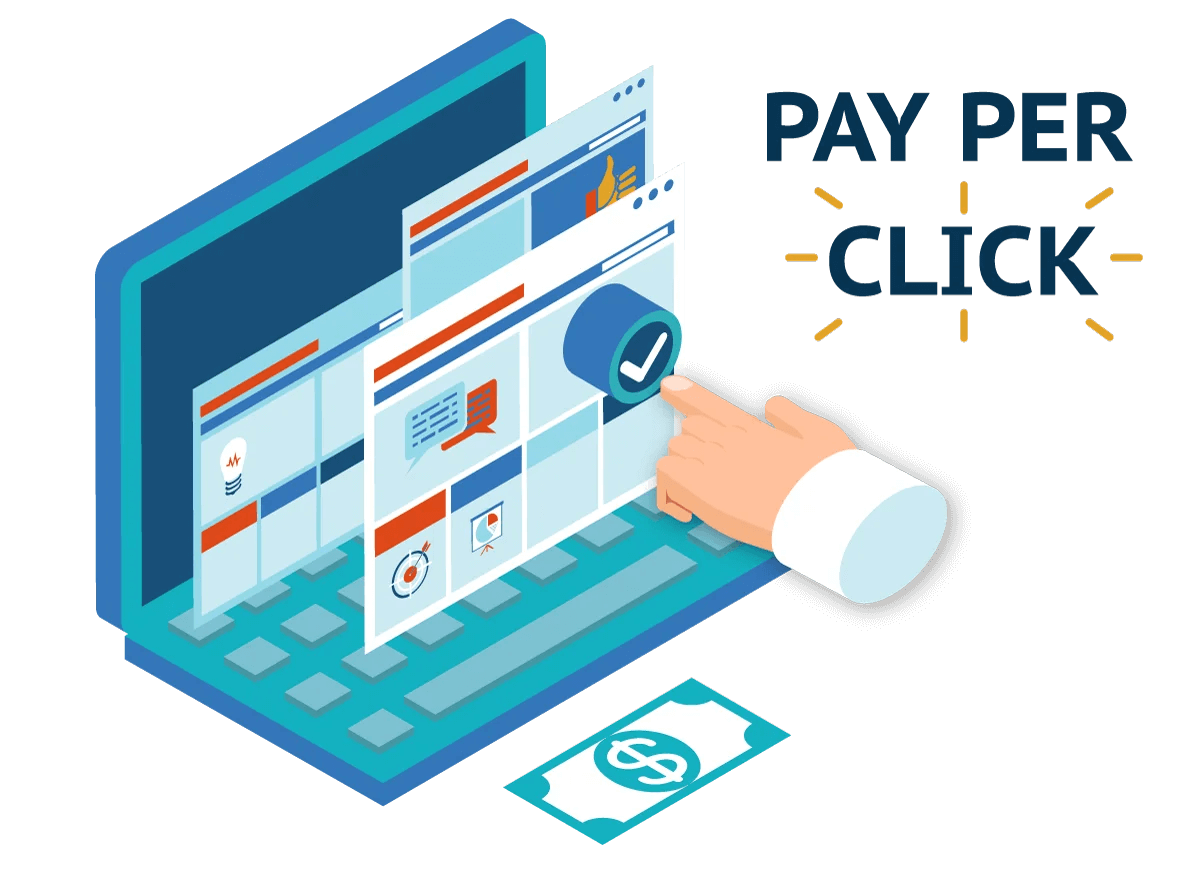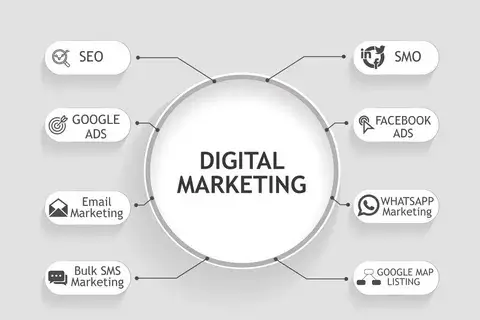Dealing with money issues and loving life’s little delights can seem like a difficult balance in today’s world. However, you can save money without giving up the things you love. But, if you know how to do them. Explore some unique ways to save more money while still doing the things that make you happy and satisfied. This article will teach you useful ways to change your Money habits. Like, how to make a smart budget, live a simpler life, and use credit programs to your advantage. You will learn how to save money in a smart way that will help you reach your goals without giving up the things that are important to you in life.

Track Your Expenses
Firstly, becoming financially aware is to keep track of where your Money goes. By carefully keeping track of your spending, you can see trends and find places where you might be able to save money. Keep track of everything you buy with apps or files that keep track of your spending. This will help you stay accountable and in charge of your money.
Importance of Expense Tracking
For financial security, you need to know where your money goes. By keeping track of your spending, you can find things you’re not needing and put the money toward your savings goals. By keeping track of everything you buy, you can see how you spend your money and decide how to improve your habits.
Tools and Apps for Expense Tracking
There are many tools and apps that make keeping track of costs easier. There’s an answer for every taste and way of life, from simple budgeting apps to full-featured expense trackers. You can try Mint, YNAB, or easy spreadsheet templates to find the tool that works best. So, you and your habits change.
Looking at How People Spend Their Money
It’s not enough to just write down transactions when you’re tracking your costs. You need to look at how you spend your money. Regularly, look over your spending to find patterns and places where you can save money or make changes. Thus, this proactive method gives you the power to make smart choices about your money and save more efficiently.

Create a Budget That Works for You
Making a personal budget is the most important thing you can do to improve your finances. Moreover, Make sure that your budget fits your income, spending, and way of life. You can make sure you meet your financial goals and still enjoy life’s delights by putting needs and wants in order of importance.
Why personalized budgeting is important
Importance of Personalized Budgeting: A one-size-fits-all budget doesn’t exist. To be successful, you need to make a budget that fits your specific cash situation. You can make a budget that fits your wants and priorities by thinking about things like your income, expenses, and financial goals. This will help you become financially stable.
How to Make a Customized Budget
To make a budget that works for you, you need to first understand your current financial situation. First, write down all of your income and costs. Then, divide your spending into two groups: necessary and optional. Make sure your goals are attainable, keep track of your progress, and make changes to your budget as needed to make sure it continues to help you reach your financial goals.
Allocating Funds for Needs and Wants
The key to making a budget that will last is to find a balance between needs and wants. Set aside some of your income to pay for things like housing, utilities, and groceries that you need. Then, leave some money aside to spend on events or things that you don’t need. You can enjoy life and reach your financial goals at the same time if you can find the right mix.
Utilize Cashback and Rewards Programs
Use cashback and rewards schemes to save as much money as possible. With these programs, you can get cashback, points, or discounts on everyday purchases. They range from credit card rewards to online shopping sites. You can push your budget further and get extra benefits with little extra work if you use these incentives.
Understanding Cashback and Rewards Programs
People are more likely to buy things when they have cashback and rewards schemes. What you need to know about credit card points, loyalty programs, and cashback apps can help you save the most money and get the most out of these helpful programs.
Tips for Maximizing Cashback and Rewards
Plan your spending to get the most out of rewards and cash-back schemes. Pick credit cards or reward programs that fit the way you live and the way you spend your money. Choose stores or platforms that offer better rewards rates or bonus incentives, and use your rewards quickly to get the most out of them.
How to Work Cashback and Rewards into Your Budget
If you include cashback and rewards gains in your budget, you can save even more. You can think of cashback and rewards as extra money or deals, and you can use them to save money or cover costs. There are ways to make every buy better for your finances by planning ahead with these incentives in mind.
Practice Meal Planning and Cooking at Home
Planning your meals and cooking at home will save you money and help you eat better. You can avoid waste, stick to a budget, and enjoy tasty home-cooked meals that are made just the way you like them if you plan ahead. You can make mealtimes more fun and more affordable while also getting better nutrition and saving money.
Benefits of Meal Planning
It saves you time, money, and stress to plan your meals. By making meals ahead of time, you can save time at the grocery store, avoid buying things you don’t need, and make sure that you and your family eat better.
Advice on how to plan meals well
Make a weekly meal plan based on your schedule and the foods you like to eat. Stick to easy recipes that use things you already have and make a shopping list to avoid spending too much.
Budget-Friendly Recipes and Cooking Hacks
Look for recipes that are easy on the wallet and use cheap items to get more food for your money. To save money and reduce food waste, you can also use cooking hacks like cooking in bulk, freezing leftovers, and finding new uses for items.

Negotiate for Better Deals
Learn the skill of negotiating to save money. Never be hesitant to ask for better prices, whether you’re haggling over a service, renting an apartment, or purchasing a car. By being prepared and confident, you can frequently negotiate for better deals, discounts, or other benefits. Therefore, which will allow you to keep more of your money and get the most out of your purchases.
Understanding the Importance of Negotiation
You may receive greater value and save money on your purchases by learning how to negotiate. When negotiating terms, prices, or contracts, knowing how to stand up for yourself can result in a lot of money saved and better bargains in a variety of circumstances.
Tips for Successful Negotiation
Do your homework on costs, comprehend market patterns, and determine your negotiating leverage before entering into a discussion. Be confident in your approach to talks, respectfully yet assertively assertive, and focused on coming up with ideas that will satisfy all sides.
Examples of Negotiation Opportunities
Opportunities for negotiation abound in daily life. Never be afraid to haggle over anything, from salary or discounts on significant purchases to bargaining at flea markets. Being aggressive during negotiations can result in significant savings and better conditions. Whether, you’re negotiating for a new car, a rental agreement, or a service contract.
Find Affordable Entertainment Options
Discover ways to have fun without going over budget by looking for inexpensive solutions. There are many ways to have fun on a budget, ranging from inexpensive events and outdoor activities to cheap tickets and do-it-yourself hobbies. Discover engaging activities that won’t break the bank by using your imagination and exploring your local resources.
Exploring Free and Low-Cost Activities
Find inexpensive entertainment by exploring cultural destinations, parks, and free community activities. Clearly, to have fun without spending a dollar, look for nearby festivals, outdoor concerts, or museum days that offer discounted or free admission.
Taking Advantage of Discounts and Deals
Look for sales and exclusive deals on memberships, subscriptions, and tickets for entertainment. Take advantage of group discounts, loyalty plans, and student discounts to see movies, plays, or leisure pursuits at a fraction of the price.
Getting Creative with DIY Entertainment
Use your imagination to organize DIY entertainment events for your loved ones at home. Arrange movie marathons, game evenings, or themed dinners with what you already own to save money and spend quality time with each other.
Invest in Long-Term Investments and Savings
Making long-term investments and savings a priority will help you safeguard your financial future. Whether, you invest early and consistently, you can achieve significant growth over time in stocks, real estate, retirement savings, or both. So, utilize smart investing techniques and compound interest to increase your money and reach your long-term financial objectives.
Importance of Long-Term Financial Planning
Financial planning for the long term creates the groundwork for security and stability in the future. You may ensure financial freedom and peace of mind in the years to come by making long-term savings and investments. You can also prepare for retirement, college costs, and unforeseen financial obstacles.
Types of Long-Term Investments
Examine a range of long-term investment alternatives, including equities, bonds, mutual funds, real estate, retirement accounts (such as 401(k) and IRA), and bonds. By diversifying your investments, you may reduce risks and maximize returns over time, giving your future self-sufficiency in terms of money.
Strategies for Successful Long-Term Investing
To maximize long-term investing success, put concepts like asset allocation, dollar-cost averaging, and periodic portfolio rebalancing into practice. To further optimize returns on your long-term savings and investments, keep up to date on market trends, economic data, and investment opportunities.
Cut Down on Impulse Purchases
Cut back on impulsive purchases to combat overspending and save money. Think twice before purchasing non-essential products to make sure they fit inside your spending limit and needs. Set spending boundaries, make shopping lists, and engage in mindful spending to reduce impulsive purchases, And direct money toward more important goals like savings or meaningful expenses.
Accept Minimalism
Embrace minimalism to simplify your life and give priority to the things that really important. To promote clarity and attention, clear your physical area, digital environment, and mind of clutter. Replace your materialistic outlook with an intentional one that values experiences more than material belongings. Adopting a minimalist lifestyle encourages stress reduction, attentive living, and the development of a contented relationship with less.
Conclusion
It can be hard to balance cash obligations with the good things in life these days. The good news is that you can save money without giving up the things you love if you know how. This article looked at ten creative ways to help you find this balance. Thus, these range from keeping track of your spending and making your own budgets to living a minimalist lifestyle and using cashback benefits. These tips will help you change the way you spend and save money so that you can reach your financial goals without giving up the things that make you happy and fulfilled.










